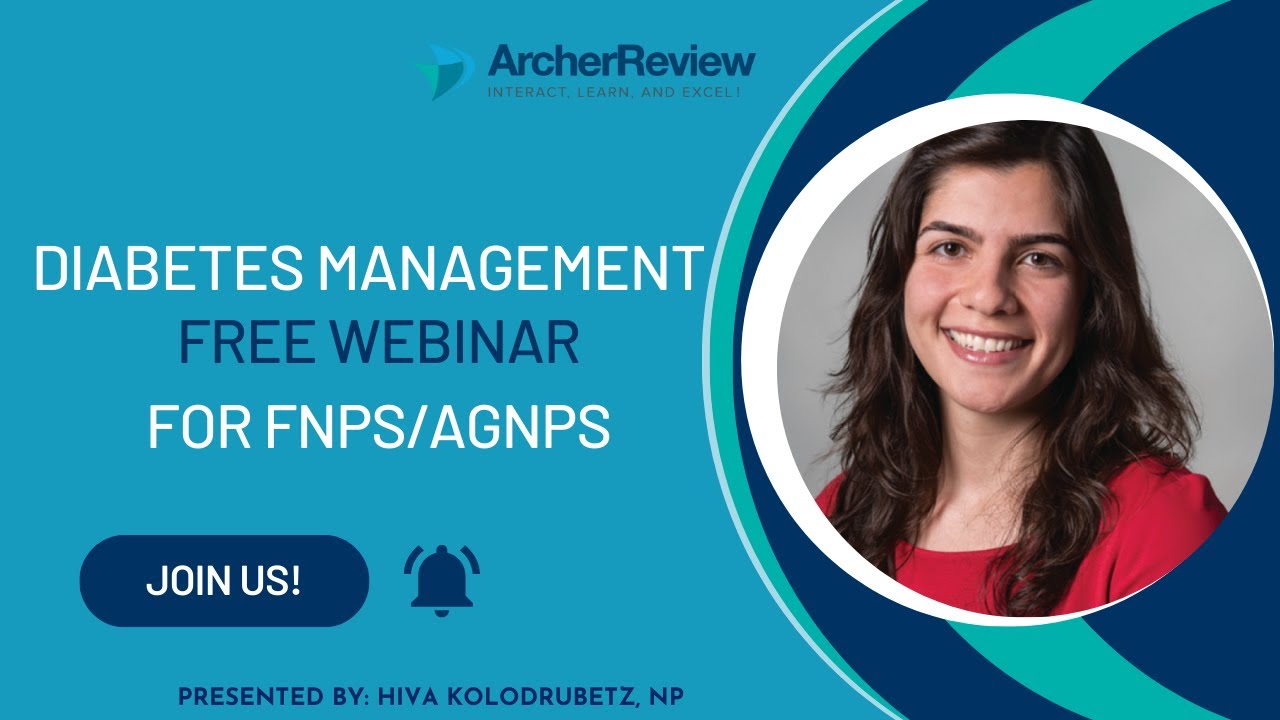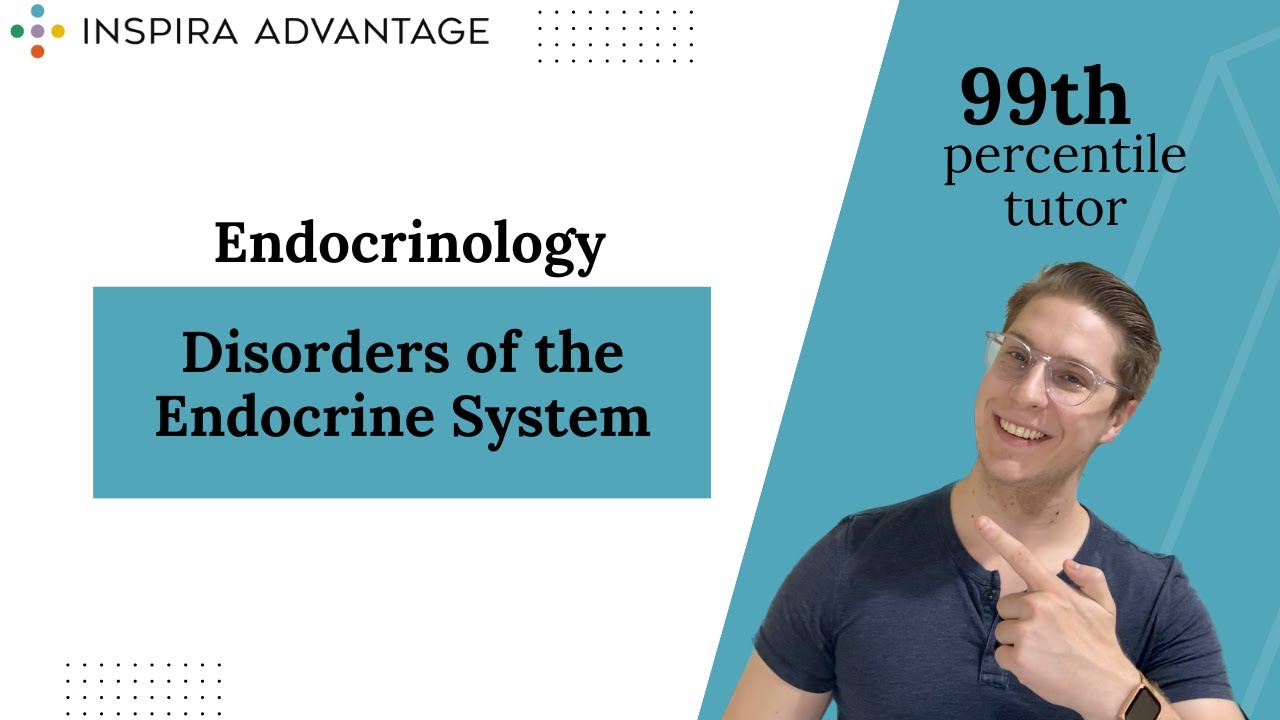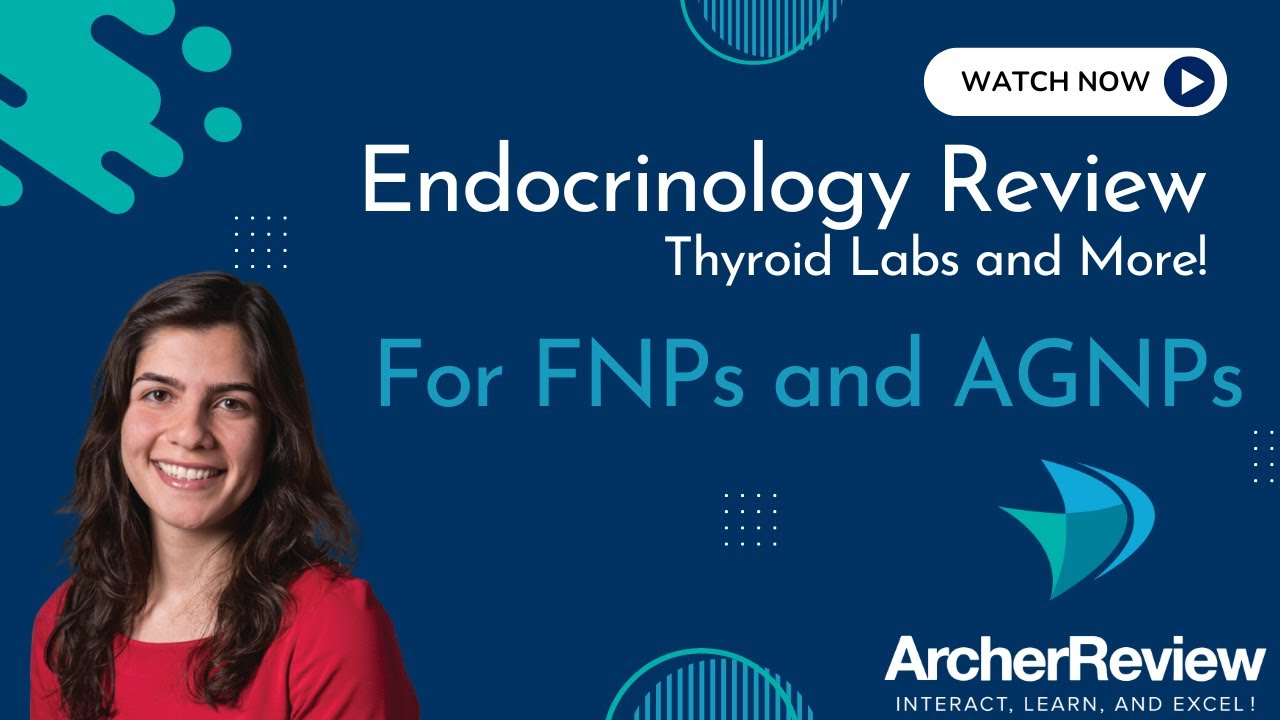The Endocrinology Channel
February 9, 2012 • Endocrinology, Family Medicine, Neonatology, Pediatrics, Reuters Health • The Doctor's Channel Newscast
NEW YORK (Reuters Health) – A French team concludes that routine neonatal screening for congenital adrenal hyperplasia due to 21-hydroxylase deficiency (21-OHD) should be discontinued for preterm infants, because the positive predictive value of the test is very low in such cases.
On the other hand, “We recommend that screening for 21-OHD be continued for term neonates in areas where it is already performed,” the authors advise in their report in the February issue of the Archives of Pediatrics and Adolescent Medicine.
Dr. Jean-Claude Carel, at Hopital Robert Debre in Paris, and colleagues explain that neonatal screening for 21-OHD by measuring 17-hydroxyprogesterone levels has been widely implemented in Europe, the US and other Western countries. However, screening remains controversial because 17-hydroxyprogesterone levels vary with gestational age, accuracy can be compromised by cross-reaction with other corticosteroids, and female cases are readily apparent due to markedly virilized genitalia.
Universal 21-OHD screening was introduced in France in 1996, and the main objective of the current study was to evaluate its efficiency by retrospectively collecting screening and clinical data on all children born in France from 1996 through 2003.
During the 8-year study period, 6,012,798 neonates were screened and 15,407 of the tests were positive. Most of the positive cases (91%) were born before term, the report indicates.
Only 370 were considered to have congenital adrenal hyperplasia, of which 358 had the classic form of the condition, the authors report. Screening results were useful for diagnosis in 162 individuals, but redundant in 74 children with a family history, 96 girls with genital abnormalities, and 13 boys diagnosed clinically before screening results were available.
The team identified 25 false-negative cases and calculated that sensitivity of screening was 93.5%. While the positive predictive value was moderate at 2.3% overall, it was only 0.4% in preterm neonates because of the high false-positive rate.
Based on the findings, Dr. Carel and colleagues recommend discontinuation of screening in preterm infants, since “most preterm neonates are subject to careful pediatric care that should ensure that incipient SW (salt wasting) adrenal crises are readily recognized.” They also suggest that, while screening of term infants should continue where the program is already in place, “careful consideration be given to its implementation in areas where this is not the case.”
SOURCE:
Arch Pediatr Adolesc Med. 2012;166:113-120






